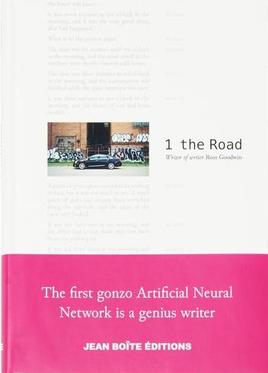nature
Dagobah Resident
This malapropism reminds me about the automatic subtitles in YT videos.Now, please, what does this kind of butchering of the language that occurs so consistently and repeatedly across the works of dozens of different authors of a particular genre suggest to you? It is so bizarre, and so prevalent that it is really staggering.
Just a hypothesis: a super-computer or a very advanced AI inside an android/humanoid robot who begins to have its own autonomy/consciousness, at the point he is capable of inventing stories.
Many authors because there are many of these models of androids; an author's name is assigned to each of them. Having each its own consciousness/particularities, the stories and type of malapropism differ each from the other.
Just an idea.





